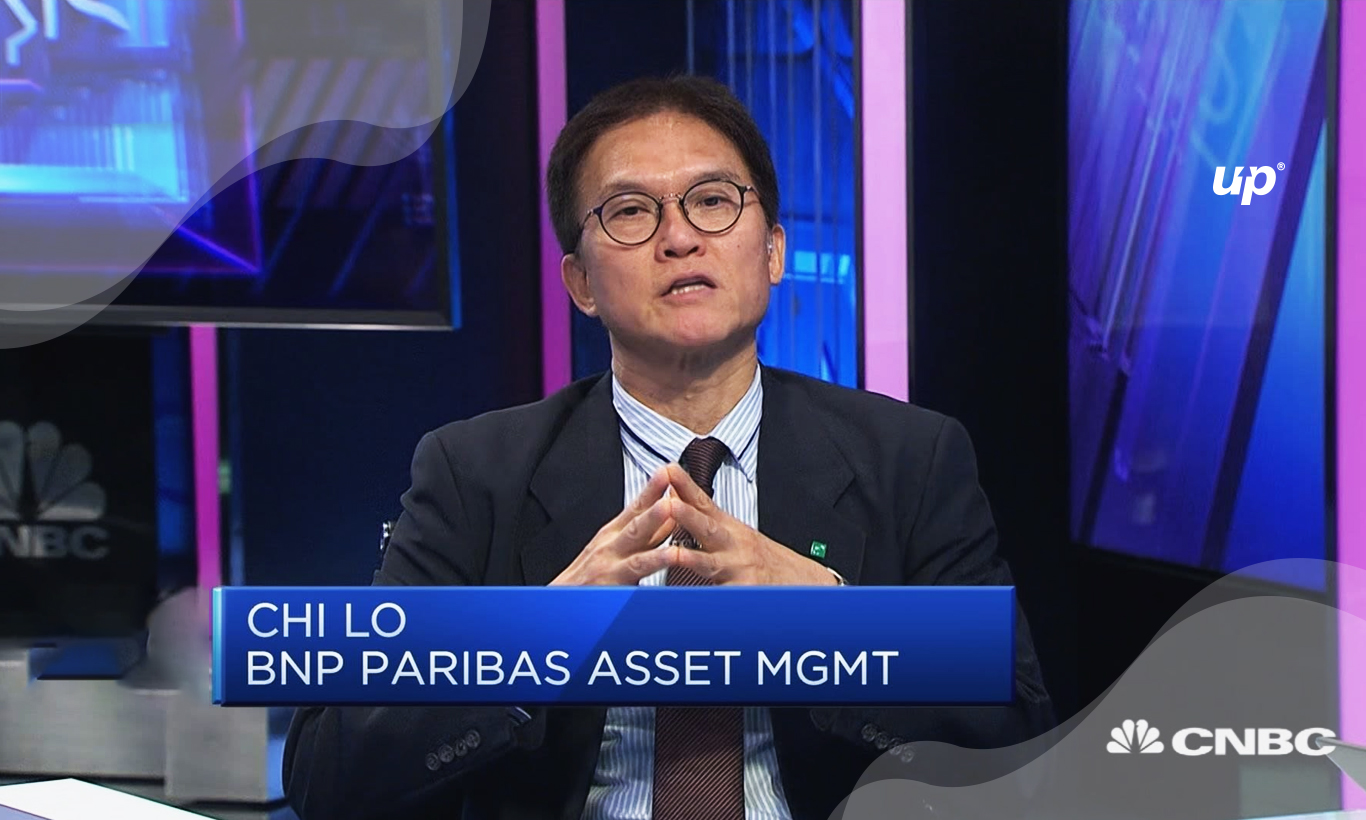Markets will quiet once China and the U.S. reach a temporary trade contract. However, the “cold tech war” will continue, as per the senior economist at BNP Paribas, the Chi Lo.
If reports to be believed, then it seems that American trade representatives will shortly head to China for talks in person since the two largest economies of the world strive to hit a deal. The potential of 5G may signify that there are two divisions, one directed by China and one directed by the U.S., according to Lo.
Because the trade war between the United States and China continue, the continuing tariff battle stays a vital hazard facing markets. That will ultimately lighten after the two countries get to a temporary contract, as per a BNP Paribas economist, however; they’ll depart a “cold tech war.”
The senior economist at BNP Paribas, Chi Lo, said, “We’re likely to get a temporary agreement in the coming months.” He informed CNBC’s “Street Signs” that if Washington and Beijing can consent to a provisional deal, then it is possible to “set the stage for longer-term negotiation on more deep-rooted issues.”
Donald Trump, U.S. President, has been utilizing tariffs as a utility to address problem further than trade, such as technology transfer and national security issues threats. Lo said, known his anticipation of a provisional pact, the sustained trade war is not going to have such a significant impact on “the macro risk in terms of market volatility,” in the upcoming months.
Nonetheless, the trade’s dispute effect will remain and hurt tech, Lo said. According to his estimation, disparities in the technology area will perhaps get even “colder” in the upcoming months — or also coming years.
Also Read: Elon Musk’s Tunnel-Digging Company Gets $120 Million More
The economist said, “There will be more focused trade war risk on the tech sector going forward. But then the overall market sensitivity to overall trade war risk may fade a bit.” On Wednesday, Trump’s new resistance secretary mentioned the U.S. trade conflict with China is as a lot about national security since it is about the economy.
When asked about the increasing conflict between Beijing and Washington by a group of reporters, the Secretary of Defense Mark Esper at the Pentagon, said, “I’ve been studying China for quite some time now and I’m big on China as well.”
Above all, what Washington thinks as a national security hazard is a fight over Chinese brand Huawei and its job in building nations’ 5G networks. That innovative technology assures quicker internet speeds that can handle heavy-duty content, such as ultra-high-definition video, as well as driverless cars.
In the era of internet connectivity and big data, the execution of 5G wireless networks is the core elements of the tech fight between the world’s two biggest economies.
The CNBC’s Amand Marcias and Todd Haselton contributed to the report, mentioning, “So if the cold war on the tech sector continues, I think one possible direction is for the similar development in the tech area … there will be a system led by China in Asia or the China bloc, if you would, and then another system led by the U.S., or the western developed countries in the world, the western bloc.”








